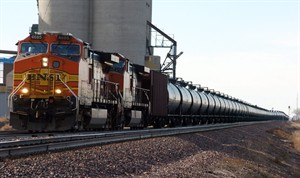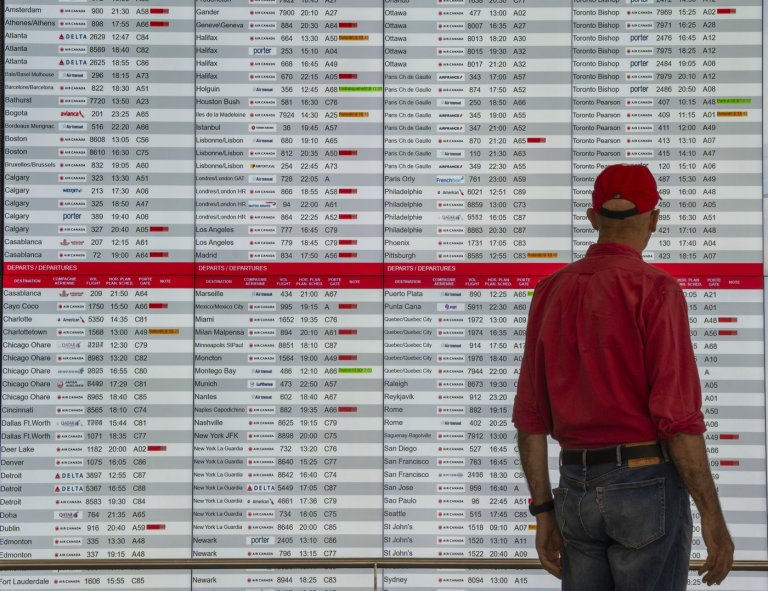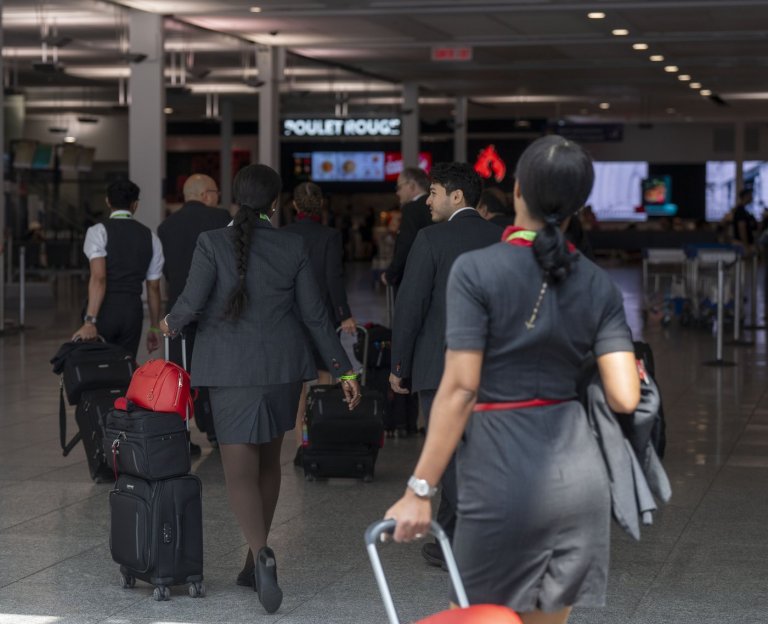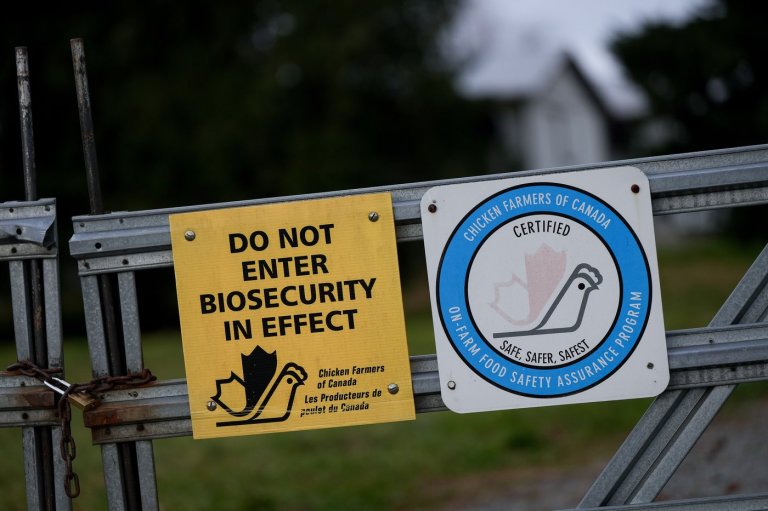
Railroads agree to voluntary measures to make crude shipments safer
BILLINGS, Mont. – Railroads that haul volatile crude shipments have reached an agreement with U.S. transportation officials to adopt wide-ranging voluntary safety measures after a string of explosive and deadly accidents.
A copy of the agreement between the U.S. Transportation Department and the Association of American Railroads was obtained Friday by The Associated Press.
It calls for railroads to slow down oil trains through major cities, increase track inspections and bolster emergency response planning along routes that carry trains hauling up to 3 million gallons of oil each. Those trains now pass regularly from oil producing areas, including the Northern Plains, to coastal refineries.
It was not immediately clear how the agreement would be enforced, and it did not address concerns over another fuel, ethanol, that’s also seen a spate of accidents as production has increased. Nor does it deal with design flaws in tens of thousands of tank cars that make them prone to rupture during derailments.
At least 10 times since 2008, freight trains hauling oil across North America have derailed and spilled significant quantities of crude, with most of the accidents touching off fires or catastrophic explosions.
The derailments released almost 3 million gallons of oil, nearly twice as much as the largest pipeline spill in the U.S. since at least 1986. And the deadliest wreck killed 47 people in the town of Lac-Megantic, Quebec.
“Safety is our top priority, and we have a shared responsibility to make sure crude oil is transported safely from origin to destination,” U.S. Transportation Secretary Anthony Foxx said in an emailed statement. Today’s changes will enhance safety while we continue to pursue our comprehensive approach focused on prevention, mitigation and emergency response through collaboration with our partners.”
Since 2008, the number of tanker cars hauling oil has increased 40-fold, and federal records show that’s been accompanied by a dramatic spike in accidental crude releases from tank cars.
“We share the Administration’s vision for making a safe rail network even safer, and have worked together to swiftly pinpoint new operating practices that enhance the safety of moving crude oil by rail,” said Edward Hamberger, president of the railroad association.
Join the Conversation!
Want to share your thoughts, add context, or connect with others in your community? Create a free account to comment on stories, ask questions, and join meaningful discussions on our new site.



















Leave a Reply
You must be logged in to post a comment.